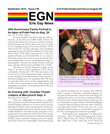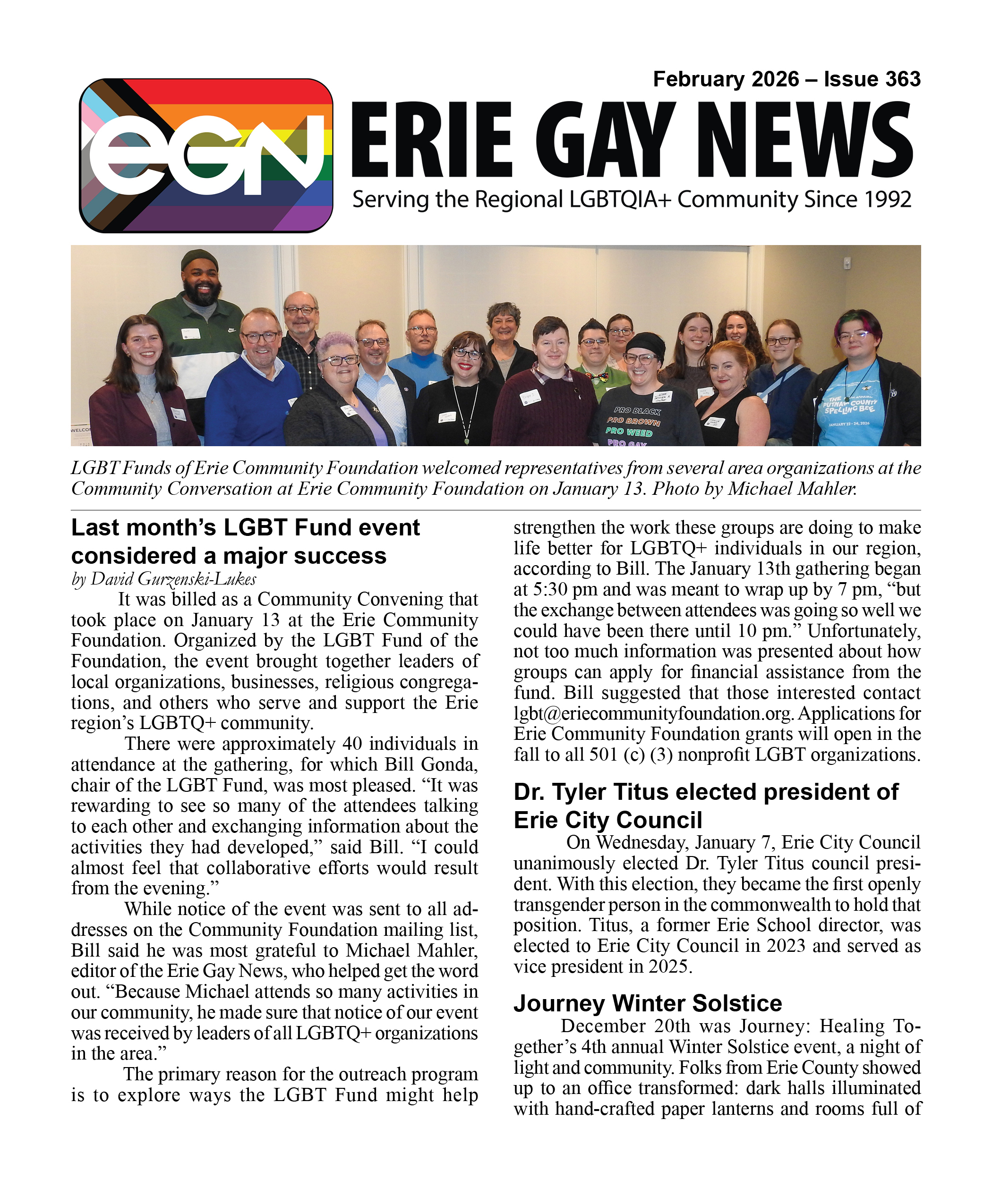New Report Examines Harmful Implications of Broad Religious Exemption Laws
Laws used to defend discrimination, refuse service to LGBT people
DENVER, September 1, 2015 —The Movement Advancement Project (MAP) today released a new report examining how state and federal religious exemption laws—which expand the ways in which people and organizations can be exempt from laws and regulations that conflict with their religious beliefs—are being used to harm a broad range of people, interfere with law enforcement, and undermine the rule of law.
LGBT Policy Spotlight: State and Federal Religious Exemptions and the LGBT Community brings a particular focus to the widespread implications religions exemption laws have for LGBT Americans. These laws have recently been used as a defense when businesses discriminate against or refuse service to LGBT customers and same-sex couples. The report is available at http://www.lgbtmap.org/policy-spotlight-rfra
"While recently passed religious exemption legislation may not explicitly mention the LGBT community being targeted for discrimination, the timing and explicitly anti-LGBT rhetoric used to justify these exemptions makes it clear that religious exemptions are being used as a vehicle to harm LGBT individuals and their families," said MAP Executive Director Ineke Mushovic.
Currently, 43% of LGBT Americans live in one of the 21 states that has broad explicit constitutional or statutory religious exemption laws. Other states have issue-specific exemption laws, among them:
- Michigan, North Dakota and Virginia permit state-licensed child welfare agencies to refuse to place and provide services to children and families, including LGBT people and same-sex couples, if doing so conflicts with their religious beliefs.
- North Carolina has targeted religious exemption law that permits state officials to decline to marry couples of whose marriage they disapprove.
- Kansas has targeted religious exemption that that permits faith-based organizations to deny services to married same-sex couples.
The percentage of states with religious exemptions laws may grow over the coming year. Since the beginning of 2015, 17 state legislatures have introduced religious exemption bills, with some states proposing more than one. More bills are expected to be introduced in the fall, with lawmakers in Arkansas, Illinois, Kentucky, and Ohio vowing to introduce legislation in September. Bills are currently pending in the Michigan and North Carolina legislatures—and a federal bill was introduced in June.
Some states' laws have made it much easier to claim a religious burden. For example, Alabama's religious exemption amendment does not require the burden to be substantial, opening the door for exemptions from laws with which someone may merely disagree. In Kansas, a substantial burden can be merely 'likely,' meaning a person does not need to show that their religious exercise has actually been burdened, just that it might be burdened.
"Definitions this broad can severely hamper law enforcement if someone objects to a law on religious grounds," Mushovic said. "Laws of this kind pave the way for numerous costly lawsuits and opens a can of worms that may take decades to sort out."
Sweeping religious exemption laws have raised concerns on both sides of the aisle. In his February 2015 analysis of a proposed religious exemption law in Georgia, Republican former state Attorney General Michael J. Bowers wrote: "[A]s an attorney with over 40 years of law practice, a great deal of which has been involved with state government, I find the proposed RFRA [Religious Freedom Restoration Act] troubling. First, I believe if enacted into law this legislation will be an excuse to practice invidious discrimination. Second, if enacted, the proposed RFRA will permit everyone to become a law unto themselves in terms of deciding what laws they will or will not obey, based on whatever religious tenet they may profess or create at any given time. The potential intended and unintended consequences are alarming. Third, if law, the proposed RFRA is full of uncertainties making enforcement and administration difficult."
The report also contains a detailed map of states with religious exemptions laws—also available as part of the Movement Advancement Project's Equality Maps.
The Equality Maps track LGBT equality, populations, and other data by state. They provide up-to-date information on the status of state laws across a wide range of issues, from employment discrimination and relationship recognition to heath care and anti-bullying laws. The Equality Maps allow websites to embed the maps easily and for free. Visit lgbtmap.org/equality-maps to learn more.
###
Founded in 2006, the Movement Advancement Project is an independent think tank that provides rigorous research, insight and analysis that help speed equality for lesbian, gay, bisexual and transgender people. www.lgbtmap.org



